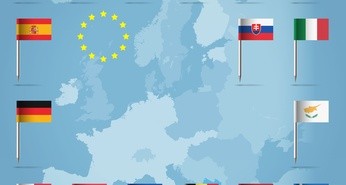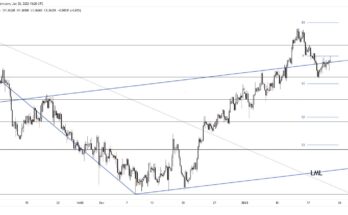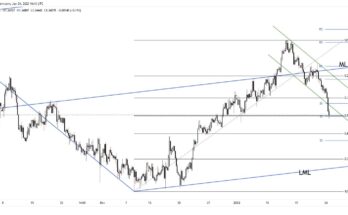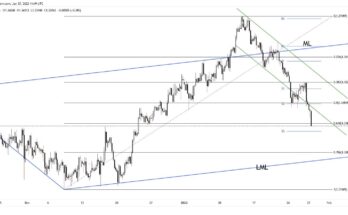One of the most over-used phrases of recent years in Europe has been “crunch time for Greeceâ€, but this time, it really feels like it is. Yesterday’s talks ended rather abruptly and the focus falls now onto Thursday’s meeting of Eurozone finance ministers. If any deal is to be ratified by the Greek parliament before the end of the month, then this time is really does seem like the end-game (another over-used phrase). Don’t forget that the ECB meet the day before for a non-monetary policy meeting where the issue of ELA (emergency liquidity assistance) for Greece is likely to be discussed. Such measures are effectively keeping the Greek banking sector afloat. But the ECB faces the balance between liquidity and solvency and the latter is increasingly being brought into question as a deal to keep the country solvent looks ever more elusive. ECB President Draghi speaks to the European Parliament today during his questioning. The single currency gapped around 40 pips lower at the start of Asia trade as a result of the lack of weekend developments. We’ve seen the yield spread between Germany and other peripheral markets increase, with Italy near to 150bp over Germany on 10 year bonds, from having been around 120bp a month ago.
The data calendar is relatively quiet for the start of the week. Both Japan and the US will consider monetary policy later in the week (Friday and Wednesday respectively), although no changes are expected on either. UK inflation data is seen Tuesday, with a recovery back into positive territory expected for the headline rate from the -0.1% reading on the April reading. Overall thought volatility is likely to remain on the high side, both on the single currency and also beyond given the contagion effects we are already seeing in other markets.
Further reading:
The Case For Staying Short EUR/USD Into FOMC – Barclays
“crunch time for Greeceâ€,



